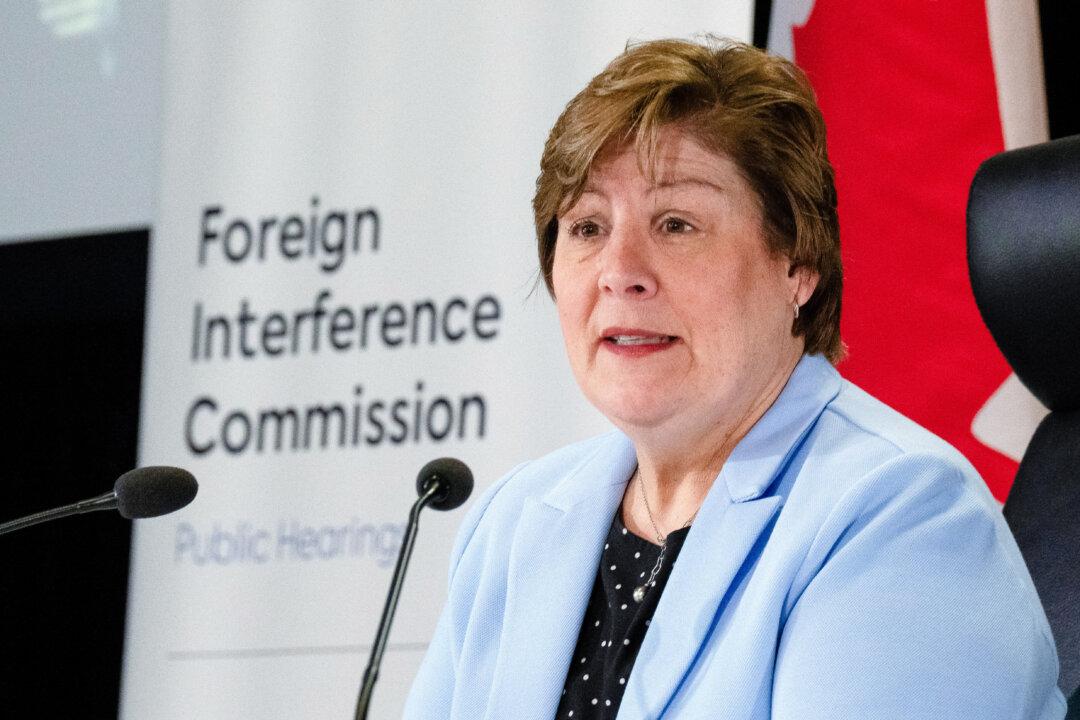The Foreign Interference Commission says it received repeated calls from Canadians during its public consultations to release the names of parliamentarians allegedly involved in foreign interference.
A Jan. 16 report summarizing petition and questionnaire answers received by the commission said participants called for greater transparency around “the approach taken by Canada’s politicians to foreign interference issues,” as first covered by Blacklock’s Reporter.





